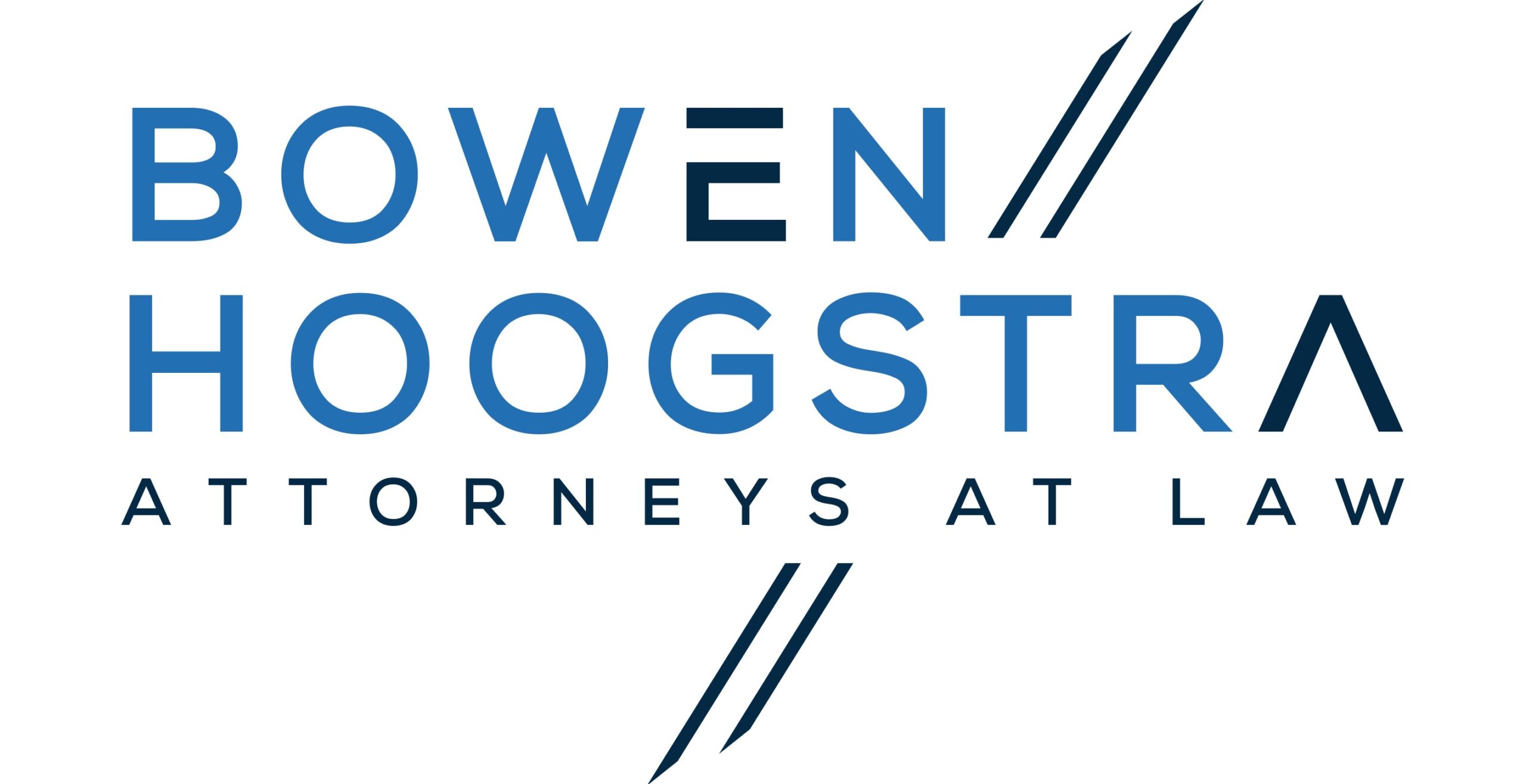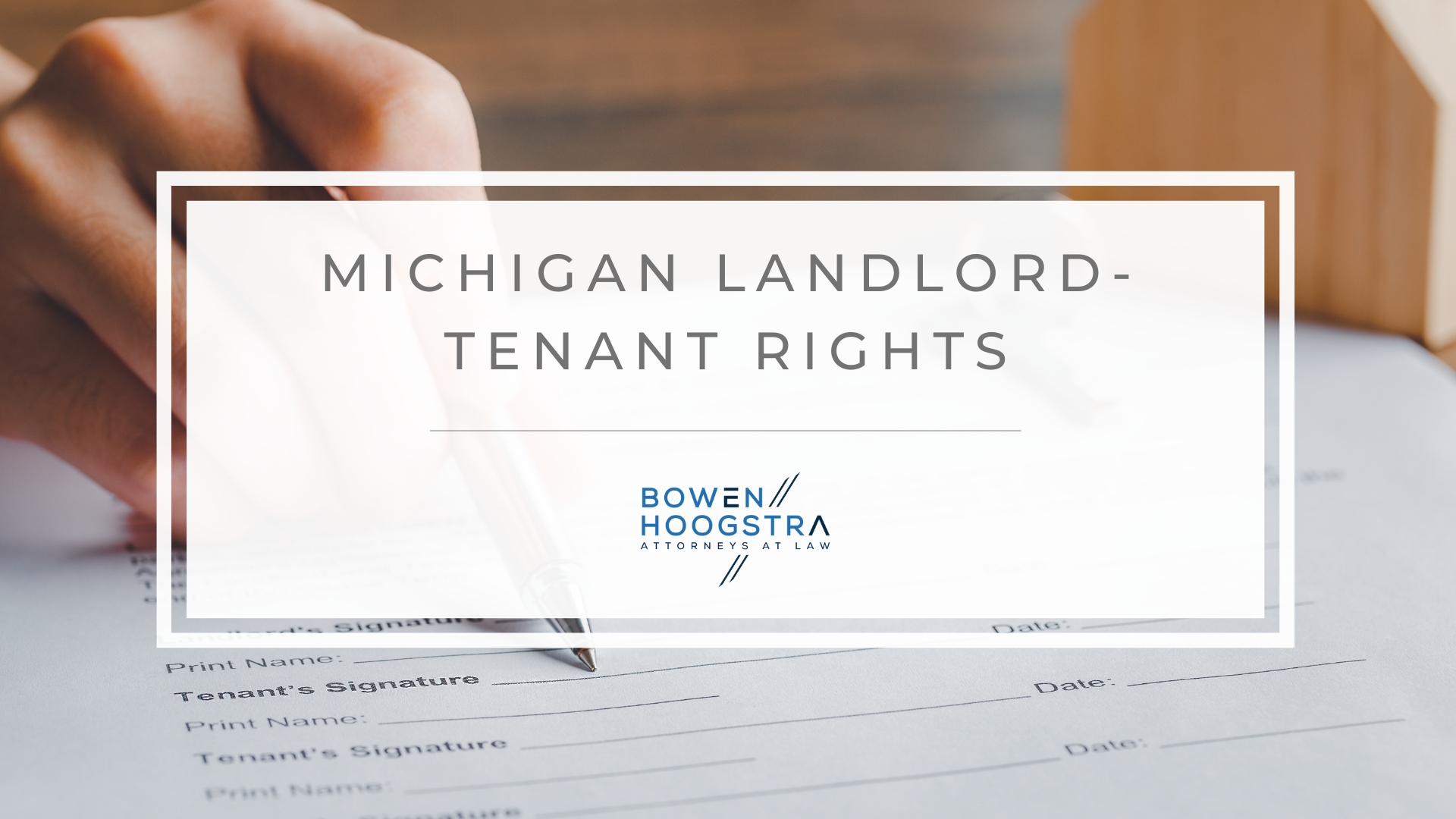Landlord-tenant rights are meant to be protected under Michigan state law. Understanding the law benefits both sides since they can pursue their rights when the other party is wrong.
This article discusses the various rights and responsibilities that are assigned by the law to landlords and tenants.
Landlord and Tenant Rights
The state of Michigan guarantees the rights of the landlord to earn from the property he is renting out to his tenants. Meanwhile, it also guarantees the tenant has a safe and habitable dwelling.
Below are some rights guaranteed by law to both landlord and tenant.
Landlord Rights
Michigan landlord-tenant law gives landlords the right to receive rent payments when due and to deduct damages (above normal wear and tear) from the tenant’s security deposit. They are allowed to send a Notice of Quit when the tenant breaks the policies in the lease agreement.
A Notice to Quit is a legal document that notifies the tenant to leave the premises on a specified date unless the lease violations are resolved. Landlords must send a Notice to Quit to a tenant before formally filing for eviction.
In general, the landlord has the right to evict the tenant for not complying with the lease agreement, with reasons which may include failure to pay rent, performing illegal activities, or other violations as listed in the rental contract.
Tenant Rights
Tenants have the right to a habitable dwelling and can request repairs from the landlord. They are protected from eviction when reasons are discriminatory or retaliatory.
Becoming a victim of harassment or violence is a justified and legal reason for a tenant to break the lease agreement, as supported in Michigan Legislature. Breaking the lease, however, may still require them to payout the balance of the term, depending on the circumstances.
Landlord and Tenant Responsibilities
Overall, the landlord is responsible for ensuring that the rented property is habitable and safe, while the tenant is responsible for paying the rent on time and adhering to the terms of the lease agreement.
The responsibilities of both the landlord and tenant are straightforward. Let’s review:
Landlord Responsibilities
Landlords must ensure that the property is habitable and performs repairs upon the tenant’s request. They must be given a reasonable amount of time for said repairs.
If the landlord fails to make said repairs, the tenants can withhold rent and put it in an escrow account. The tenant also has the option to perform the repairs themselves and take off the cost from upcoming rental payments.
The landlord is responsible for repairs, including heating, plumbing, electricity, dwelling structures, and bed bugs. Meanwhile, garbage removal and smoke detectors are only included if they own a multi-family unit.
Tenant Responsibilities
The primary responsibility of a tenant is to pay rent in a timely fashion. However, they are also responsible for keeping the property safe and maintaining its habitable condition through proper cleaning and sanitation.
Furthermore, the tenant is also expected to make minor repairs and not disturb their neighbors or other tenants.
Dealing With Eviction
Landlords in Michigan may evict their tenants for several reasons, such as:

- Inability to Pay Rent. The landlord has the right to give a tenant a written 7-Day Notice to Quit if they do not pay their rent by the due date.
- Expired Lease. The landlord may give a tenant a 30-Day Notice to Quit if they continue to occupy the rented property after the renting period has ended.
- Illegal Activities. If the tenant performs acts breaking the law, the landlord can issue a Notice to Quit. The duration of the notice depends on the type of activity.
- Health or Safety Violations. If a tenant violates a housing, building, health, or safety code, the landlord may give a 7-day Notice to Quit if the tenant does not correct the issue.
- Lease Violation. If the tenant violated a provision on the lease, the landlord could issue a 30-Day Notice of Quit. Landlords are not obligated to allow their tenants to correct the violation.
If the landlord wants an eviction court hearing to remove the tenant, they must undergo a series of steps, starting with a summons and complaint. Next, the landlord must file it with the local district court in Michigan. Finally, the landlord must serve these legal documents to the tenant so that they are privy to the date and time of the court hearing.
For rent-related disputes that cost $5,000 or less, the tenant or landlord may submit their case to Michigan small claims court.
If you want to know more about landlord-tenant rights in Michigan, please read the Landlord and Tenant Relationship Act 348 of 1972 or A Practical Guide for Tenants & Landlords.
Contact Your Landlord Tenant Lawyer
Understanding landlord-tenant rights can be challenging, especially if you need to be better versed in legal terms. Hiring an attorney in Muskegon, Michigan, can help you navigate the different provisions of the law.
The Bowen Hoogstra Law firm is here to give you the best legal assistance possible regarding Michigan landlord and tenant law. We counsel clients in downtown Muskegon, Grand Haven, Newaygo County, Ottawa County, Spring Lake, and Zeeland. For more legal inquiries, Call us now at (231)-726-4484 or contact us here.

